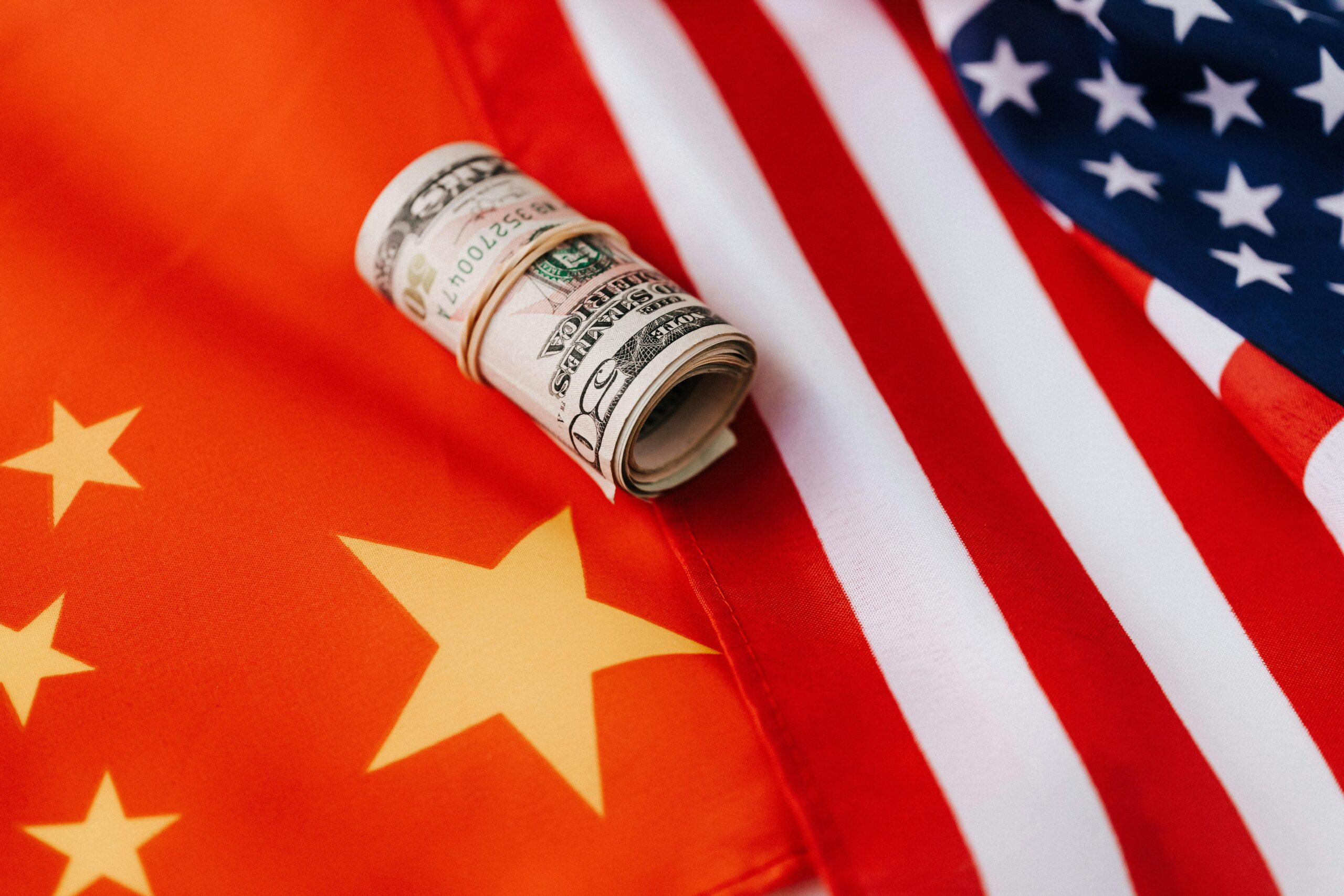In this article, we explore how wars are actually about money, not politics, revealing the underlying financial motivations that drive conflicts throughout history.
Keywords: How Wars Are Actually About Money, Not Politics, wars, money, politics, conflict, financial motivations, history
Table of Contents
- Introduction
- Historical Context of Wars
- Economic Drivers Behind Conflicts
- Case Studies: Wars Fueled by Money
- The Role of Corporations in Warfare
- The Media’s Influence on Perceptions of War
- Conclusion
Introduction
When we think about wars, we often picture grand political ideologies clashing on the battlefield. However, the reality is that wars are actually about money, not politics. This article dives deep into the financial motivations that often lie beneath the surface of conflicts, revealing how economic interests can drive nations to war.
Historical Context of Wars
Throughout history, wars have been fought for various reasons, but a common thread is the pursuit of wealth. From the Opium Wars in the 19th century to modern conflicts in the Middle East, the quest for resources has often overshadowed political rhetoric. Here are some key points to consider:
- Many wars have been fought over valuable resources like oil, gold, and land.
- Political leaders often use war as a distraction from domestic issues, redirecting public attention.
- Economic sanctions can lead to military action as nations seek to protect their financial interests.
Economic Drivers Behind Conflicts
Understanding the economic drivers behind wars is crucial. Here are some of the primary factors:
- Resource Scarcity: As resources become scarce, nations may resort to military action to secure them.
- Trade Routes: Control over trade routes can significantly impact a nation’s economy, leading to conflicts.
- Debt and Financial Crises: Nations in financial distress may engage in wars to distract from economic problems or to seize resources.
Case Studies: Wars Fueled by Money
Let’s take a look at some notable examples where financial motivations were at the forefront:
- The Iraq War: Many analysts argue that the invasion was largely driven by the desire to control oil reserves.
- The Vietnam War: The conflict was heavily influenced by the interests of military contractors and the arms industry.
- World War II: Economic factors, including the Great Depression, played a significant role in the lead-up to the war.
The Role of Corporations in Warfare
Corporations often play a significant role in conflicts, driven by profit motives. Here’s how:
- Defense contractors like Lockheed Martin and Boeing benefit financially from wars.
- Private military companies (PMCs) have emerged, providing services that blur the lines between military and corporate interests.
- Lobbying efforts by corporations can influence government decisions regarding military action.
The Media’s Influence on Perceptions of War
The media plays a crucial role in shaping public perception of wars. Here are some insights:
- Media coverage can often sensationalize conflicts, focusing on political narratives rather than economic realities.
- Documentaries and investigative journalism can uncover the financial motivations behind wars.
- Social media has changed the landscape, allowing for more diverse perspectives on conflicts.
Conclusion
In conclusion, understanding that wars are actually about money, not politics can change how we view conflicts. By recognizing the economic motivations behind wars, we can better understand the complexities of international relations and the true costs of conflict. It’s essential to stay informed and critically analyze the narratives presented to us.
Engaging Questions
- What are some historical examples of wars driven by economic interests?
- How do corporations influence government decisions regarding military action?
- What role does resource scarcity play in the outbreak of conflicts?
- How has the media’s portrayal of wars changed over time?
- What are the implications of private military companies in modern warfare?
- How can understanding the economic motivations behind wars help us prevent future conflicts?
- What are the advantages and disadvantages of military intervention for economic gain?
- How do trade routes impact international relations and conflicts?
- What lessons can we learn from past wars about the relationship between money and politics?
- How can individuals stay informed about the true motivations behind wars?
